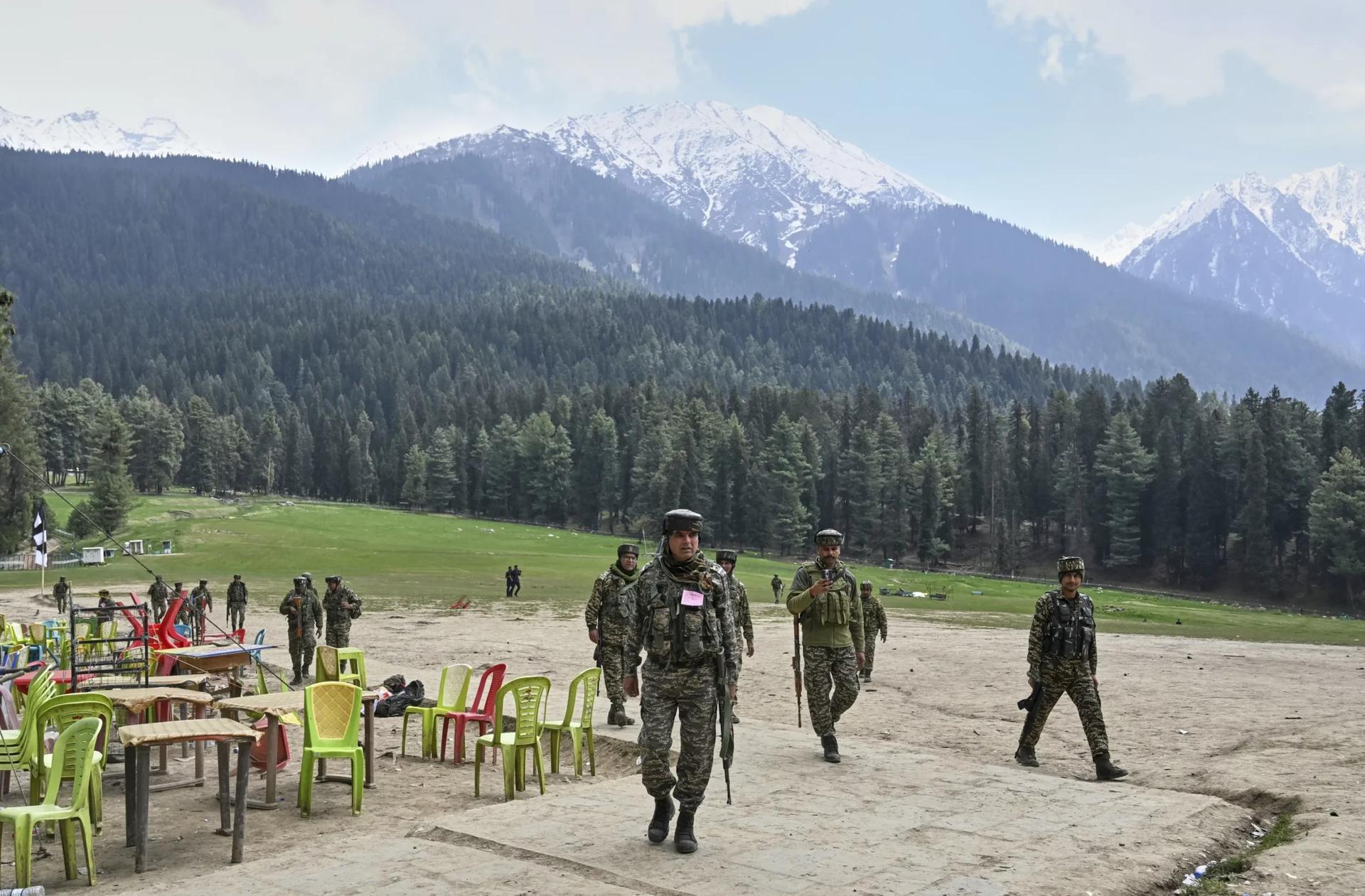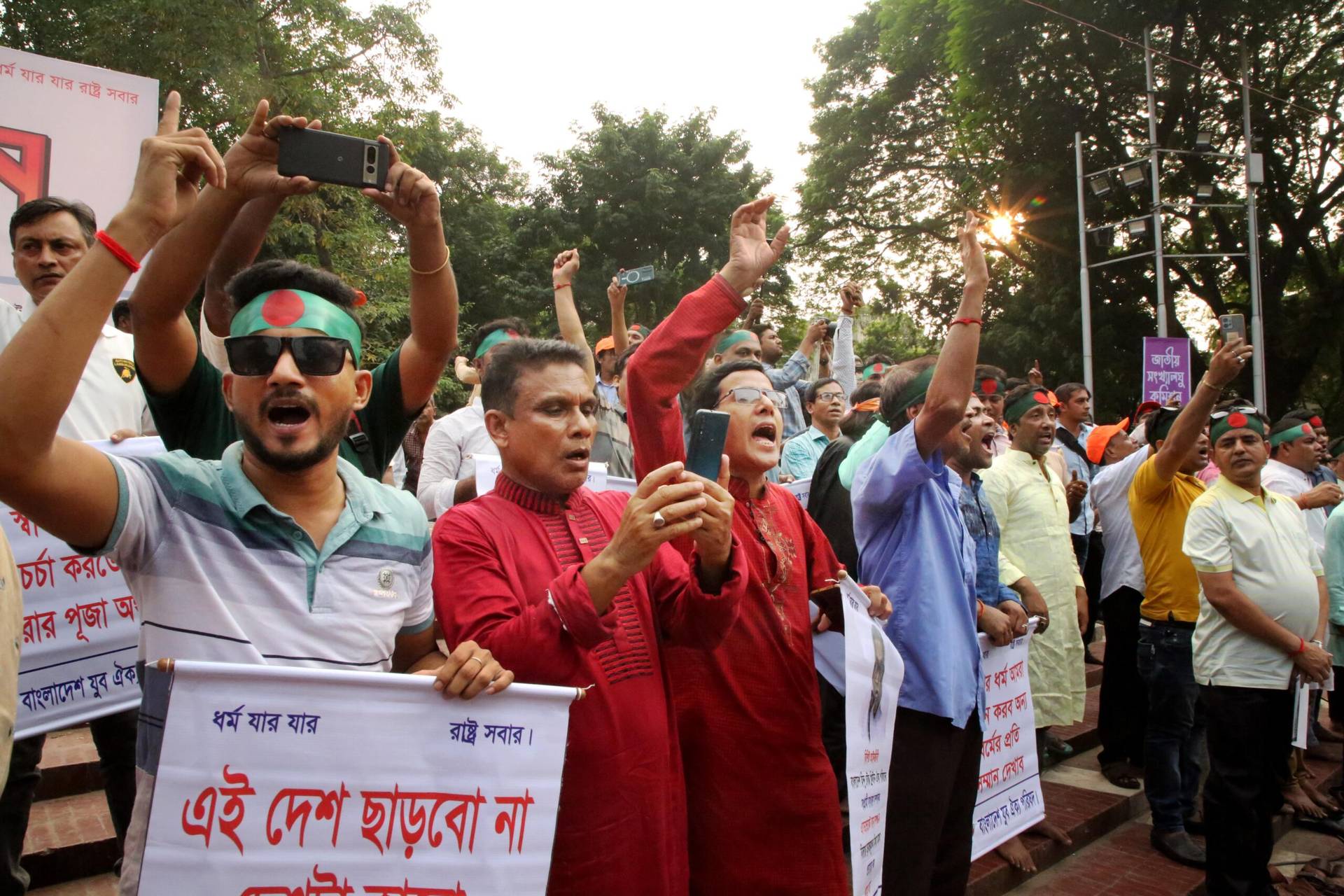MUMBAI, India – A Catholic archbishop in India says the government “has demonstrated considerable restraint in selection of targets and method of execution” after a series of strikes against Pakistan and Pakistan-controlled Kashmir.
The military attacks come two weeks after a deadly militant attack on tourists in Indian-administered Kashmir which left 26 people dead, and 17 others wounded.
The Indian defense ministry said the early Wednesday strikes – named “Operation Sindoor” – were part of a “commitment” to hold those responsible for the April 22 attack.
The Pakistani government has denied involvement in the April attack in the area disputed between the two nations.
Pakistan’s Prime Minister Shehbaz Sharif said the “heinous act of aggression will not go unpunished,” and his military says it has shot down five Indian aircraft and a drone.
The international world has long feared the two populous countries going to war, since both have nuclear arsenals.
Pakistan’s military spokesperson Lt General Ahmed Sharif Chaudhry said at least 26 people were killed and 46 injured in the attack by India, while India says at least 10 civilians were killed by Pakistani shelling on its side of the de facto border in Kashmir.
India and Pakistan each administer part of Kashmir, but both claim the Himalayan territory in its entirety. Rebel groups have been fighting since 1989 for the Indian-administered portion to become independent or merge with Pakistan.
Kashmir has a primarily Muslim population, but when India and Pakistan became independent countries from Britain in 1947, its ruler decided to join the Hindu-majority India. Since then, conflicts have often occurred in the region, including two wars over the territory.
Speaking to Crux, Archbishop Vincent Aind – the Secretary General of the Conference of Catholic Bishops of India (CCBI) – said India was provoked by its neighbor.
“Pakistan’s terrorist attacks had caused deaths of more than two dozen innocent civilians mostly tourists in India,” he said.
“However, war brings only death and destruction, so it is not the best alternative. I would have preferred some diplomatic solution to the existing tensions rather than going for war,” the archbishop added.
“It would have been a better option, because war destroys. The consequences are death, widespread suffering, shattered societies, loss of peace and normalcy. Most often the innocent suffer,” Aind said.
“Even if India is trying it’s best to restrain unnecessary casualties on the other side, our government has clearly stated [its] actions have been focused, measured and non-escalatory in nature. No Pakistani military facilities have been targeted. India has demonstrated considerable restraint in selection of targets and method of execution,” he told Crux.
United Nations Secretary-General António Guterres is calling for military restraint from both countries.
“The world cannot afford a military confrontation between India and Pakistan,” he said.
Meanwhile, U.S. President Donald Trump called the current fighting “a shame,” adding he hopes it will “end very quickly.”













